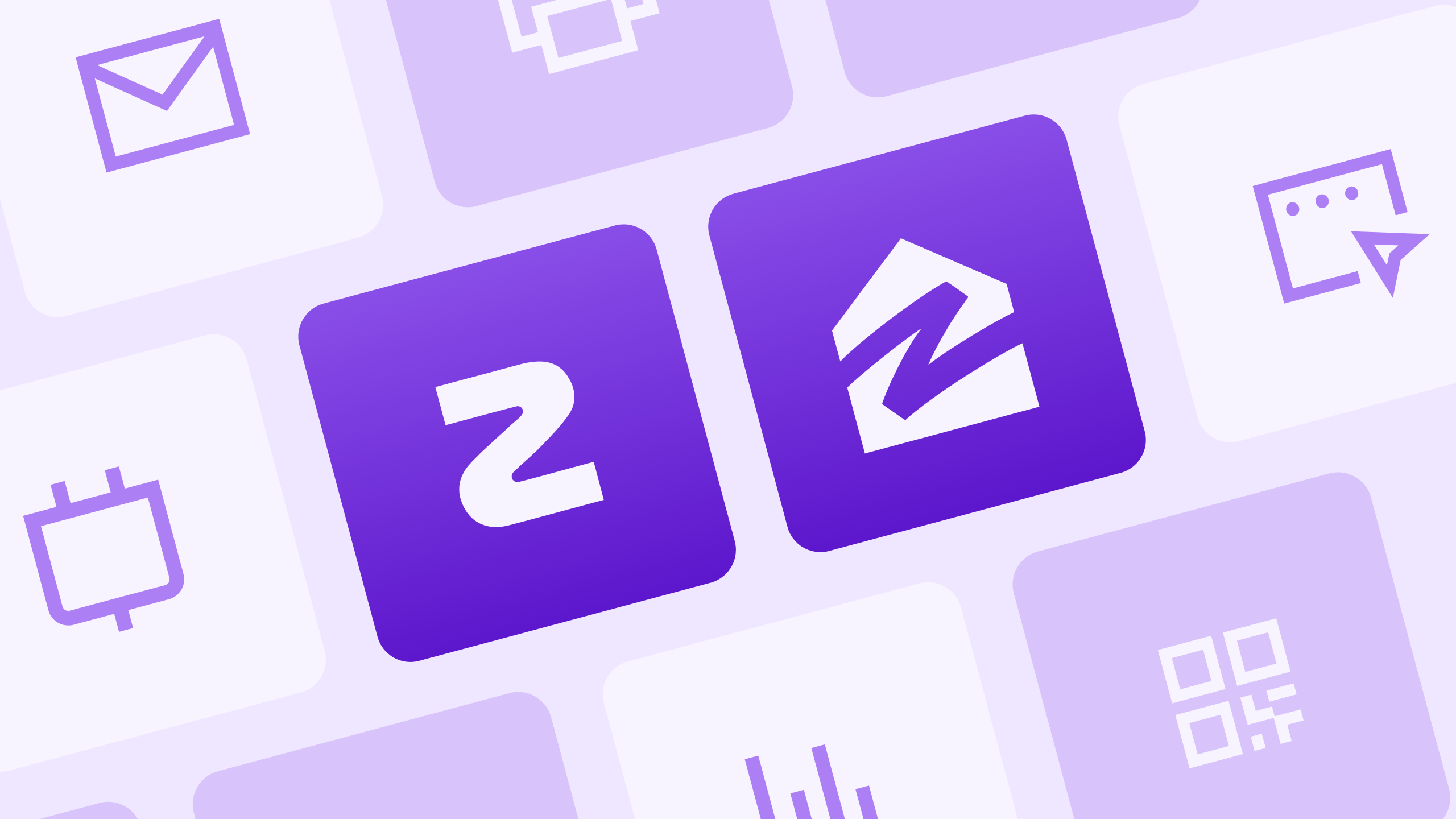Introduction
Let’s face it: B2B2C companies walk a tightrope when it comes to planning events. You're managing the expectations of business partners (like franchisees or channel resellers) while still upholding a polished brand experience for the end consumer. It’s complex, chaotic—and completely critical to get right.
That’s why choosing the right event management software for B2B2C companies isn’t just helpful—it’s mission-critical.
Whether you're running annual partner conferences, dealer roadshows, or multi-region franchise summits, your event tech stack needs to be smarter, faster, and infinitely scalable. In this post, we’ll explore the 10 must-have features your software platform should include to support successful, ROI-driven B2B events.
1. Centralized Event Dashboard for Multi-Event Management
B2B2C brands often juggle dozens of events—sometimes simultaneously—across regions and partner networks. You need a centralized dashboard to:
- Manage all events from one place
- Track region-specific variations and workflows
- Assign team responsibilities across global or local chapters
This type of oversight enables large brands to remain agile while ensuring their events align with corporate objectives.
2. Brand Customization at Scale

Brand control is a big deal for B2B2C companies. You can’t have your partner-hosted event looking like a backyard potluck when you’re trying to project premium brand value.
Your event management software should allow you to:
- Apply brand-approved themes and templates across events
- Control fonts, colors, and layouts without code
- Lock design elements to avoid rogue creative directions
The result? Franchises and partners gain flexibility, while your brand identity remains rock-solid.
3. Built-In Registration and Ticketing Engine
Don’t duct-tape your attendee registration with third-party forms and payment processors. Look for a platform that includes:
- Custom registration workflows (per partner or region)
- Multi-tiered ticket types and access levels
- Integrated payment gateways
Pro tip: This also helps reduce no-shows. Event platforms with personalized reminders and auto-confirmations have shown 20–30% better attendance rates than manual setups.
4. Hybrid and Virtual Event Capabilities
In the post-pandemic world, hybrid is no longer a “nice-to-have.” It’s default. For B2B2C brands with global stakeholders, enabling both in-person and remote access is a non-negotiable requirement.
You’ll need:
- HD streaming and recording capabilities
- Breakout rooms for regional or role-specific sessions
- Networking lounges and chat zones
Fun fact: According to LinkedIn, 75% of event marketers believe hybrid experiences are the future of B2B events.
5. Advanced Audience Segmentation and Personalization
Not all your partners share the same interests. Your software should let you personalize at scale:
- Dynamic agendas based on registration info
- Session recommendations based on user profiles
- Smart email flows and reminders tailored to partner segments
Personalization can increase event engagement by up to 80%, especially for returning attendees.
6. Lead Capture and CRM Integration

Whether it’s a partner training day or a product showcase, every B2B event is an opportunity to drive pipeline. Choose a platform that integrates with your CRM and supports:
- Real-time lead capture (via QR scanning, badge swipes, etc.)
- Lead scoring based on event activity
- Post-event sync with Salesforce, HubSpot, or your chosen tool
This ensures sales teams can follow up quickly, with context and timing on their side.
7. Engagement Tools for Channel Partner Interaction
B2B2C companies thrive on strong partner relationships—and that means creating moments for connection during events.
Look for features like:
- Polls, Q&A, and real-time chat
- Partner-vendor matchmaking algorithms
- Gamification to reward participation and session attendance
The more interactive your event, the more likely it is that your partners will walk away invested and aligned.
8. Comprehensive Analytics and ROI Reporting
Events are a significant line item in your budget. Your software should deliver event insights that justify the spend:
- Session attendance and drop-off tracking
- Sponsor engagement reports
- Post-event surveys and NPS scoring
According to a study, 73% of CMOs plan to increase their investment in event data to demonstrate ROI over the next 12 months better. You should, too.
9. Localized Language and Multi-Time Zone Support
For B2B2C companies operating across regions, your event tech needs to keep up. The ideal platform will:
- Support localization (language, currency, time zone)
- Offer session replays for different geographies
- Automate agenda updates based on time zone
This removes friction for attendees and helps drive participation across global teams.
10. Security, Compliance, and Role-Based Access Control
When handling sensitive partner data, compliance isn’t optional. Make sure your software provides:
- GDPR and SOC2 compliance
- Secure cloud infrastructure with 24/7 uptime
- Role-based permissions for marketing, sales, and partners
This is especially critical for industries like finance, healthcare, or logistics, where data privacy is paramount.
Conclusion
B2B2C companies operate in a uniquely complex environment—supporting both business partners and consumer brand goals. Your events must reflect this dual mission with flawless execution, meaningful engagement, and measurable outcomes.
Choosing the right event management software for B2B2C success starts with selecting a platform that’s built for scale, personalization, and partner empowerment.
From streamlining operations and boosting partner engagement to delivering ROI insights your CMO will love, the right feature set isn’t just nice to have—it’s business critical.
Looking for event software that’s purpose-built for B2B2C brilliance? Zuddl has you covered. Book a demo today and discover how we make complex event workflows feel refreshingly simple.
Subscribe to our blog now!











